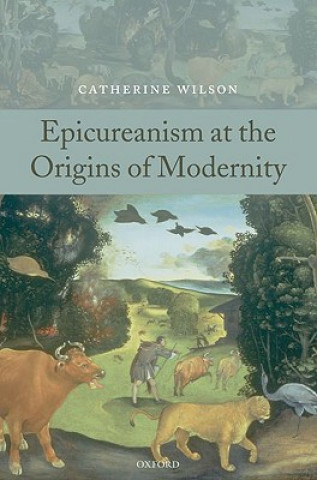
Kód: 04529778
Epicureanism at the Origins of Modernity
Autor Catherine Wilson
This landmark study examines the role played by the rediscovery of the writings of the ancient atomists, Epicurus and Lucretius, in the articulation of the major philosophical systems of the seventeenth century, and, more broadly, ... celý popis
- Jazyk:
 Angličtina
Angličtina - Vazba: Pevná
- Počet stran: 318
Nakladatelství: Oxford University Press, 2008
- Více informací o knize

Mohlo by se vám také líbit
-

Responsive Environments
1140 Kč -

Inclusion - The Politics of Difference in Medical Research
1002 Kč -

Japanese Foreign Policy
2817 Kč -

Liberty, Equality, and Power
4463 Kč -

European Economy in Perspective
214 Kč -

Mipam on Buddha-nature
1291 Kč -

Religion and Inequality in America
2676 Kč
Dárkový poukaz: Radost zaručena
- Darujte poukaz v libovolné hodnotě a my se postaráme o zbytek.
- Poukaz se vztahuje na celou naši nabídku.
- Elektronický poukaz vytisknete z e-mailu a můžete ihned darovat.
- Platnost poukazu je 12 měsíců od data vystavení.
Více informací o knize Epicureanism at the Origins of Modernity
Nákupem získáte 403 bodů
 Anotace knihy
Anotace knihy
This landmark study examines the role played by the rediscovery of the writings of the ancient atomists, Epicurus and Lucretius, in the articulation of the major philosophical systems of the seventeenth century, and, more broadly, their influence on the evolution of natural science and moral and political philosophy. The target of sustained and trenchant philosophical criticism by Cicero, and of opprobrium by the Christian Fathers of the early Church, for its unflinching commitment to the absence of divine supervision and the finitude of life, the Epicurean philosophy surfaced again in the period of the Scientific Revolution, when it displaced scholastic Aristotelianism. Both modern social contract theory and utilitarianism in ethics were grounded in its tenets. Catherine Wilson shows how the distinctive Epicurean image of the natural and social worlds took hold in philosophy, and how it is an acknowledged, and often unacknowledged presence in the writings of Descartes, Gassendi, Hobbes, Boyle, Locke, Leibniz, Berkeley. With chapters devoted to Epicurean physics and cosmology, the corpuscularian or "mechanical" philosophy, the question of the mortality of the soul, the grounds of political authority, the contested nature of the experimental philosophy, sensuality, curiosity, and the role of pleasure and utility in ethics, the author makes a persuasive case for the significance of materialism in seventeenth-century philosophy without underestimating the depth and significance of the opposition to it, and for its continued importance in the contemporary world. Lucretius's great poem, On the Nature of Things, supplies the frame of reference for this deeply-researched inquiry into the origins of modern philosophy. .
 Parametry knihy
Parametry knihy
Zařazení knihy Knihy v angličtině Humanities Religion & beliefs Religion: general
4031 Kč
- Plný název: Epicureanism at the Origins of Modernity
- Autor: Catherine Wilson
- Jazyk:
 Angličtina
Angličtina - Vazba: Pevná
- Počet stran: 318
- EAN: 9780199238811
- ISBN: 0199238812
- ID: 04529778
- Nakladatelství: Oxford University Press
- Hmotnost: 628 g
- Rozměry: 241 × 164 × 24 mm
- Datum vydání: 26. June 2008
Oblíbené z jiného soudku
-

Waking Up
323 Kč -

The Righteous Mind
357 Kč -

End of Faith
276 Kč -

Death
104 Kč -

God's Undertaker
303 Kč -

Kabalistic and Occult Tarot of Eliphas Levi
797 Kč -

Anarchy Evolution
357 Kč -
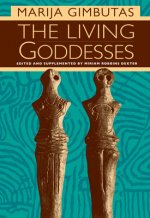
Living Goddesses
899 Kč -

Original Aramaic New Testament in Plain English with Psalms & Proverbs (8th Edition Without Notes)
859 Kč -

Scientific Healing Affirmations
181 Kč -

Conversations With God
301 Kč -

The Psychology of Selling
384 Kč -

As a Man Thinketh
182 Kč -

Holy Bible
635 Kč -

Encyclopedia of Demons in World Religions and Cultures
1468 Kč -

American Cosmic
514 Kč -

Bhagavad Gita
204 Kč -

Koran
525 Kč -

Secular Age
631 Kč -

Mabon
292 Kč -

Religion for Atheists
357 Kč -

Illustrated Picatrix: the Complete Occult Classic of Astrological Magic
1506 Kč -
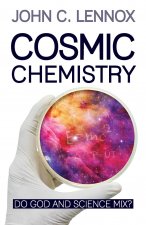
Cosmic Chemistry
410 Kč -

Princess Majestic Bible Tabs
166 Kč -
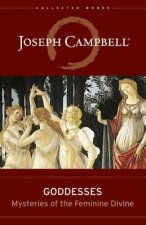
Goddesses
596 Kč -

You Are the Universe
399 Kč -

Good Morning, Holy Spirit
410 Kč -

Lost Christianities
316 Kč -

Enuma Elish
459 Kč -

Golden Bough
473 Kč -

Mary Magdalene and the Divine Feminine
398 Kč -
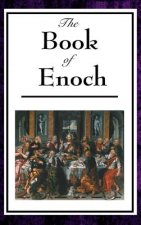
Book of Enoch
567 Kč -

Energy in Orthodox Theology and Physics
990 Kč -

History of God
357 Kč -

Religions Book
564 Kč -
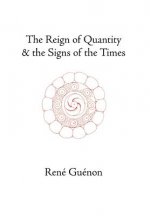
Reign of Quantity and the Signs of the Times
942 Kč -

Magic: History, Theory, Practice
575 Kč -
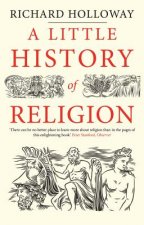
Little History of Religion
318 Kč -

Experience of God
447 Kč -

The Greatness of Saturn
382 Kč -

Dao De Jing
407 Kč -
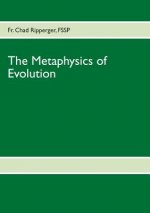
Metaphysics of Evolution
333 Kč -

Case for Polytheism
291 Kč -

History of Israel, Fourth Edition
1266 Kč -

Rightly Dividing the Word (Religion)
884 Kč -

City of God
470 Kč -

Fallen Angels and the Origins of Evil
451 Kč -

Beginning Luciferian Magick
505 Kč -
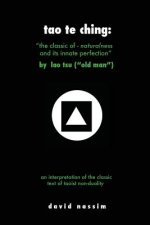
Tao Te Ching - by Lao Tsu
438 Kč
Osobní odběr Praha, Brno a 12903 dalších
Copyright ©2008-24 nejlevnejsi-knihy.cz Všechna práva vyhrazenaSoukromíCookies



 Vrácení do měsíce
Vrácení do měsíce 571 999 099 (8-15.30h)
571 999 099 (8-15.30h)